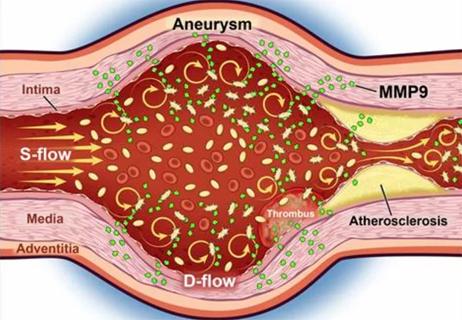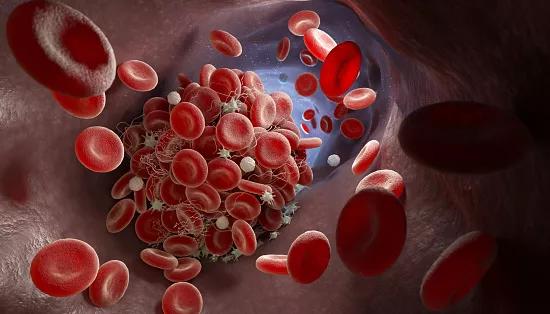Locations:

Confounding symptoms and a complex medical history prove diagnostically challenging

Investigations on platelet/aneurysm interactions lead to $2.6 million NIH grant

Common cancer therapy increases serious risks in murine models

Our early experience shows lower-than-reported incidence, hints at role for neutrophilia
Advertisement
Cleveland Clinic is a non-profit academic medical center. Advertising on our site helps support our mission. We do not endorse non-Cleveland Clinic products or services. Policy

Consortium aims to reduce life-threatening side effect of therapy

Mouse study shows most potent therapeutic ‘drugging’ of microbiome to date
Advertisement
Advertisement